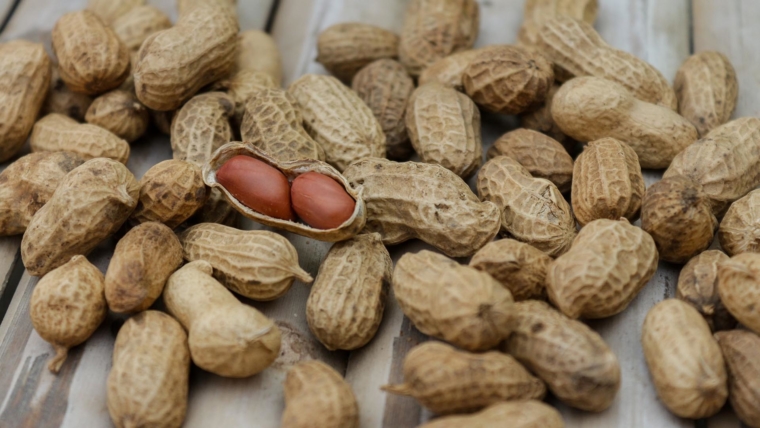
Six basic nutrients needed for a healthy life
Food is not just a fuel that stops hunger. It consists of substances important to maintain optimal health and top performance. There are six types of these substances; which are those substances, what they are used for and which rules are to be followed when it comes to a healthy diet, read below.
Carbs
Carbohydrates are a source of sugar and starch calories that feed the muscles and the brain. They are the main energy source for strong training. 60% of total daily calories must come from carbohydrates from fruits, vegetables, bread and cereals.
Fat
Fat is a source of stored energy (calories) that is released most during low intensity activities (eg reading and sleeping) and long-term activities (eg long running and long bike rides). Animal fat (butter, fat, fat in the flesh) is saturated and contributes to heart disease and some types of cancer. Herbal fat (eg olive oil, corn oil, canola oil, canadian rapeseed oil) are generally unsaturated and less harmful.
Proteins
Proteins are important for building and restoring muscle, red blood cells, hair and other tissues and hormone synthesis. They break down into the digestive system to the amino acids which are then synthesized in muscle and other tissues. Proteins are a source of calories and can serve to generate energy if the body does not have enough carbohydrates (eg during exhausting activity). Approximately 15% of calories should come from protein, ie fish, poultry, meat, tofu, soybean and heifers.
Vitamins
Vitamins are metabolic catalysts that regulate chemical reactions within the body. These include vitamin A, vitamin B complexes and vitamins C, D, E and K. Most vitamins are chemical compounds that the body does not produce and must be taken via food. They are the source of energy.
Minerals
Minerals are elements derived from food and which in various ways help to build up body structures (eg calcium in the bones) and regulate the body’s processes (eg iron in red blood cells is transmitted by oxygen). Other important minerals are magnesium, phosphorus, sodium, potassium, chromium and zinc. Nor do they have any energy value.
Water
Water is an important substance that makes 60 to 75% of body weight. It stabilizes body temperature, transmits harmful substances and waste products from cells, and is important for cellular functions. Water also has no energy value.
Three main principles of healthy eating
When setting meals and snacks, try to plan on these three important factors of healthy eating:
- Amazing food does not exist. Each food gives some specific substance. For example, the oranges contain vitamin C and carbohydrates, but not iron and proteins. Meat contains iron and protein, but not vitamin C and carbohydrates. The more you will achieve if you are eating different type of food.
- Even soda and chips in moderate amounts can find a place in a proper balanced diet. Try refining refined sugar and fat in the next meal to replace valuable ingredients. For example, instead of greasy sausage and biscuits, choose a low calorie tuna sandwich without tartar, etc. Although no food is garbage, low value food can accumulate in a bad diet.
- Choose natural or slightly processed products whenever you can. Instead of white bread, eat wholemeal apples instead of apple compote in canned, and boiled potatoes instead of chips. Natural food usually has a higher nutritional value and less suspicious supplements.

Autor: Ema Brajdić, IFBB Bikini
For more similar topics, click here.



I give consent to Be Seen Be Popular (BSBP) to process and use my personal information ( name and e-mail address ) in order to answer to my inquiry and send information associated with this website.